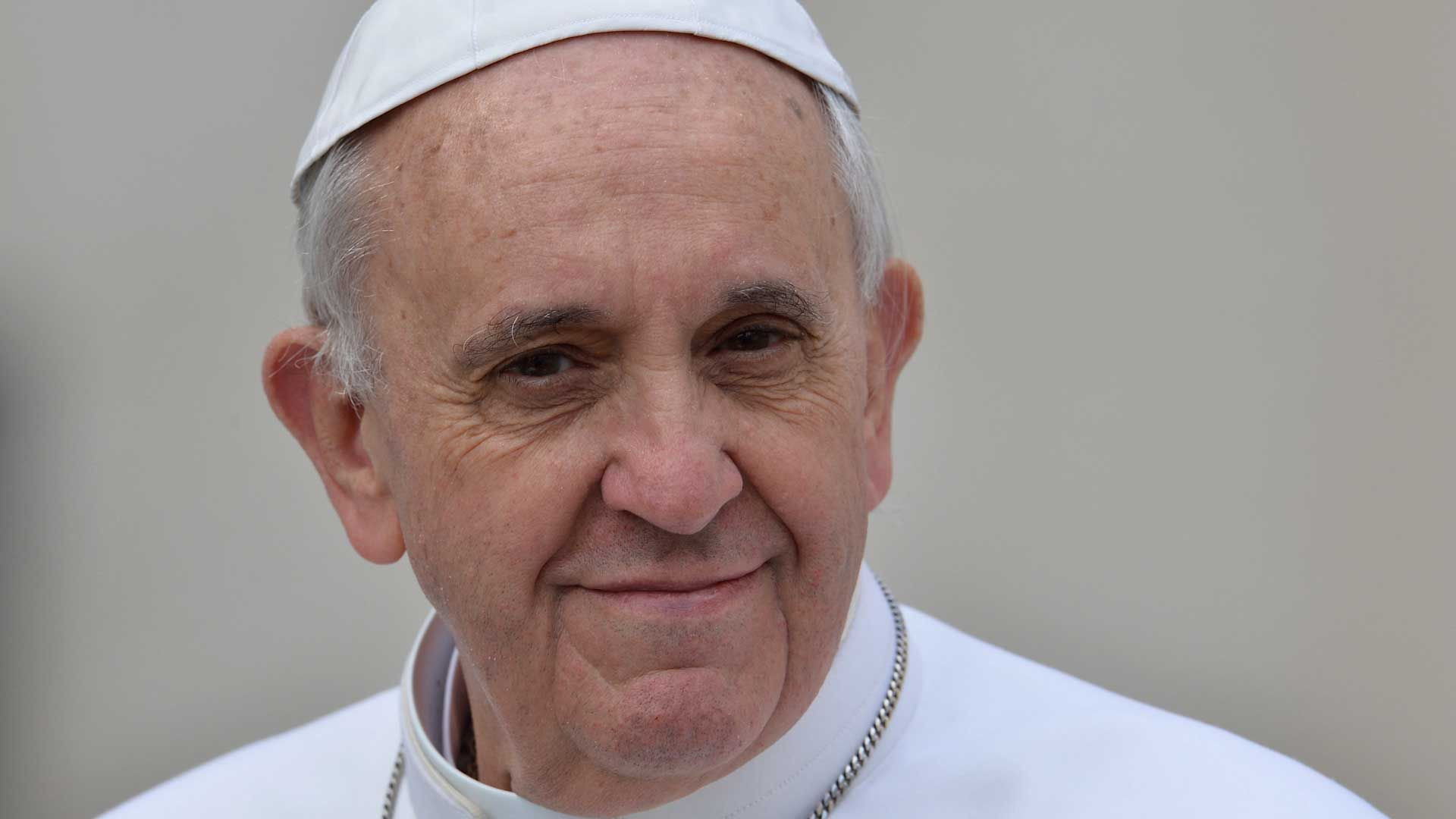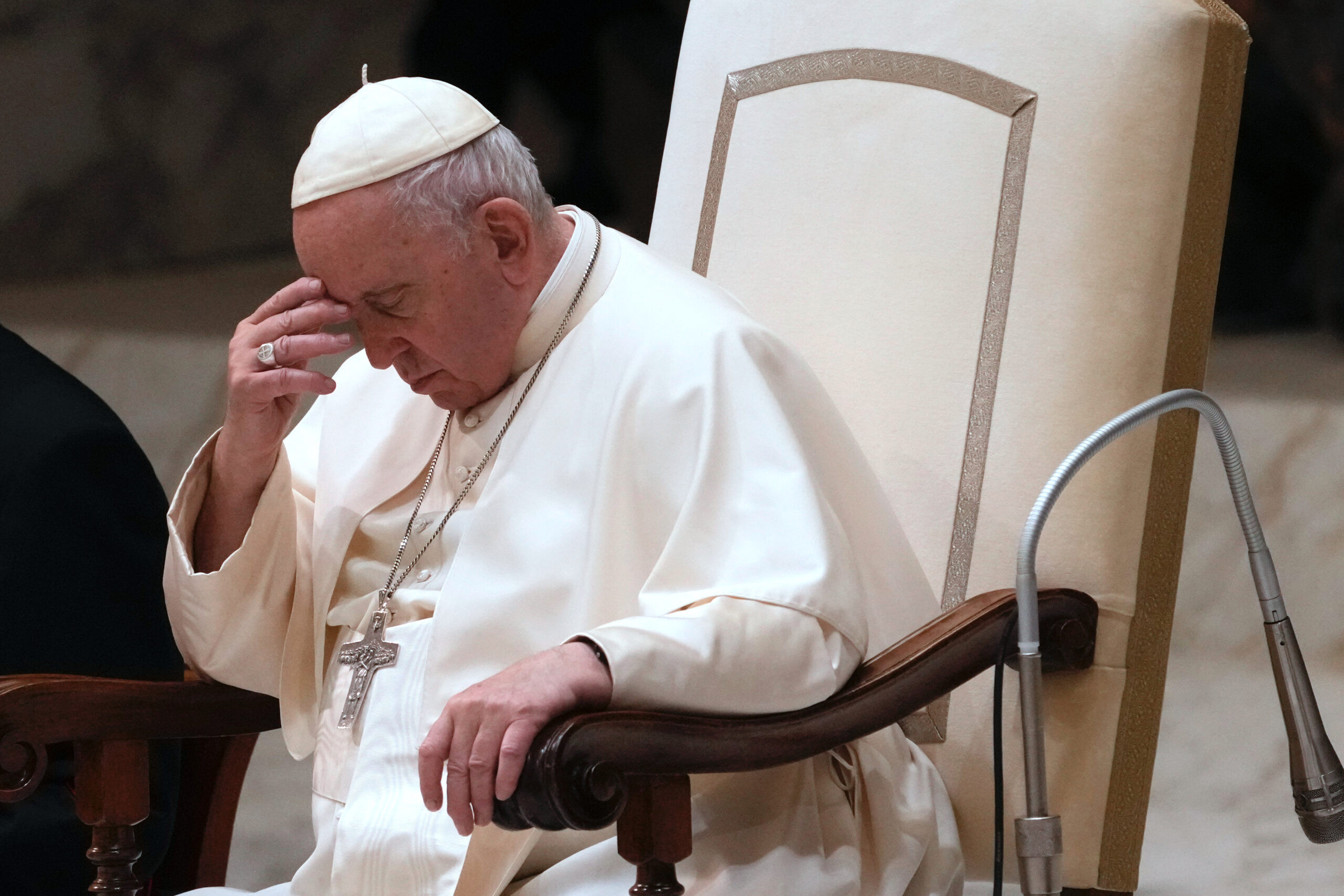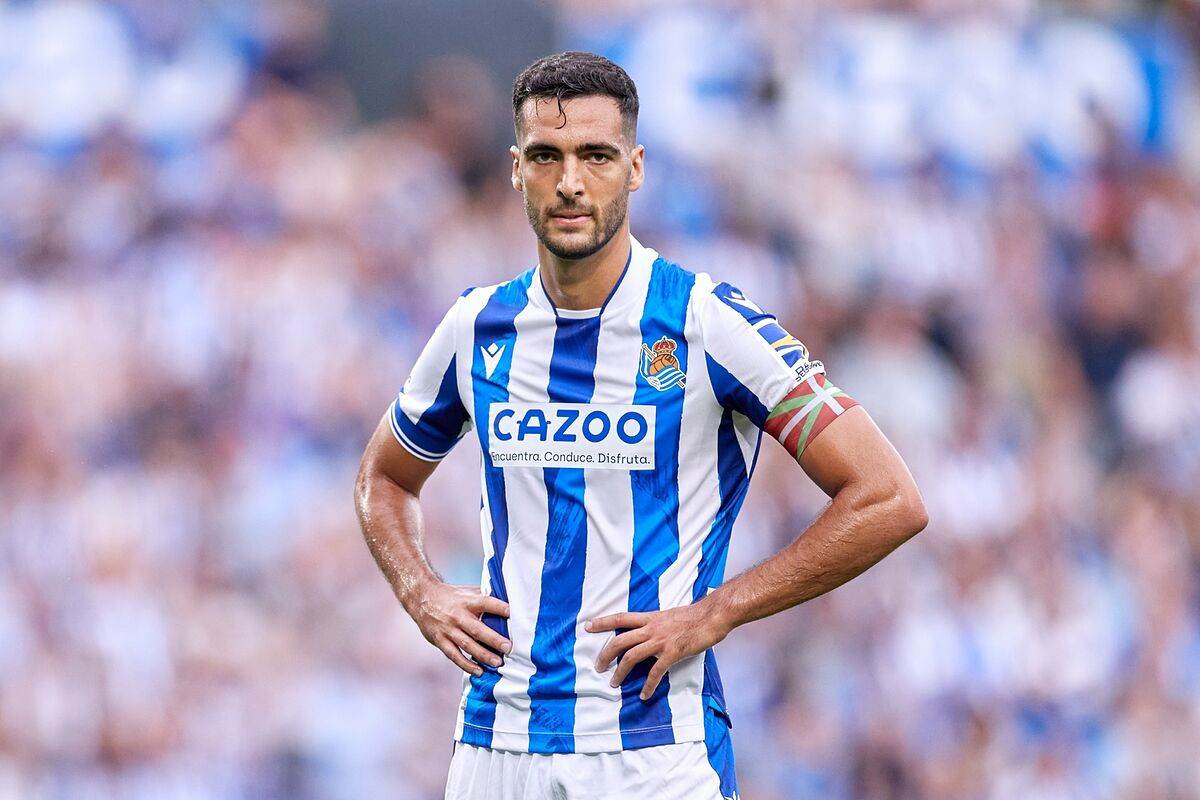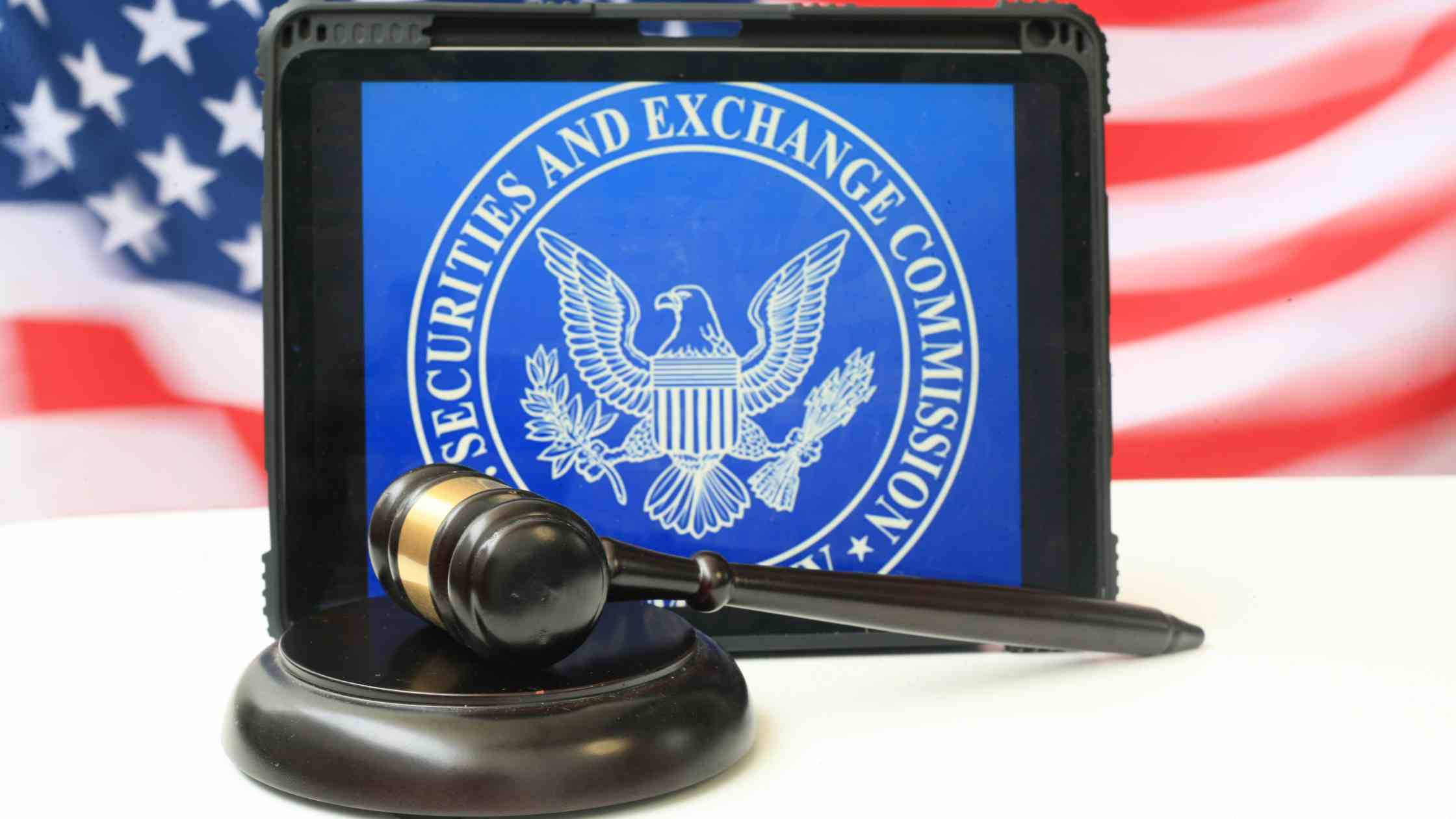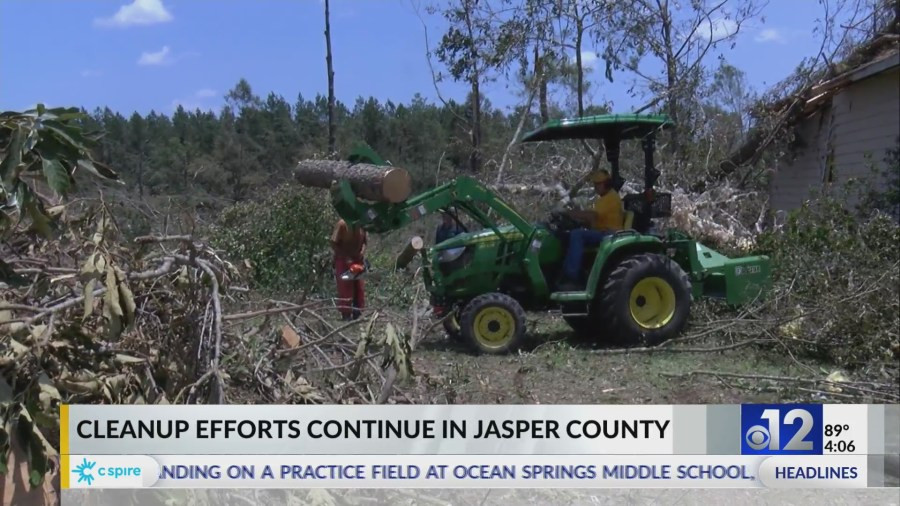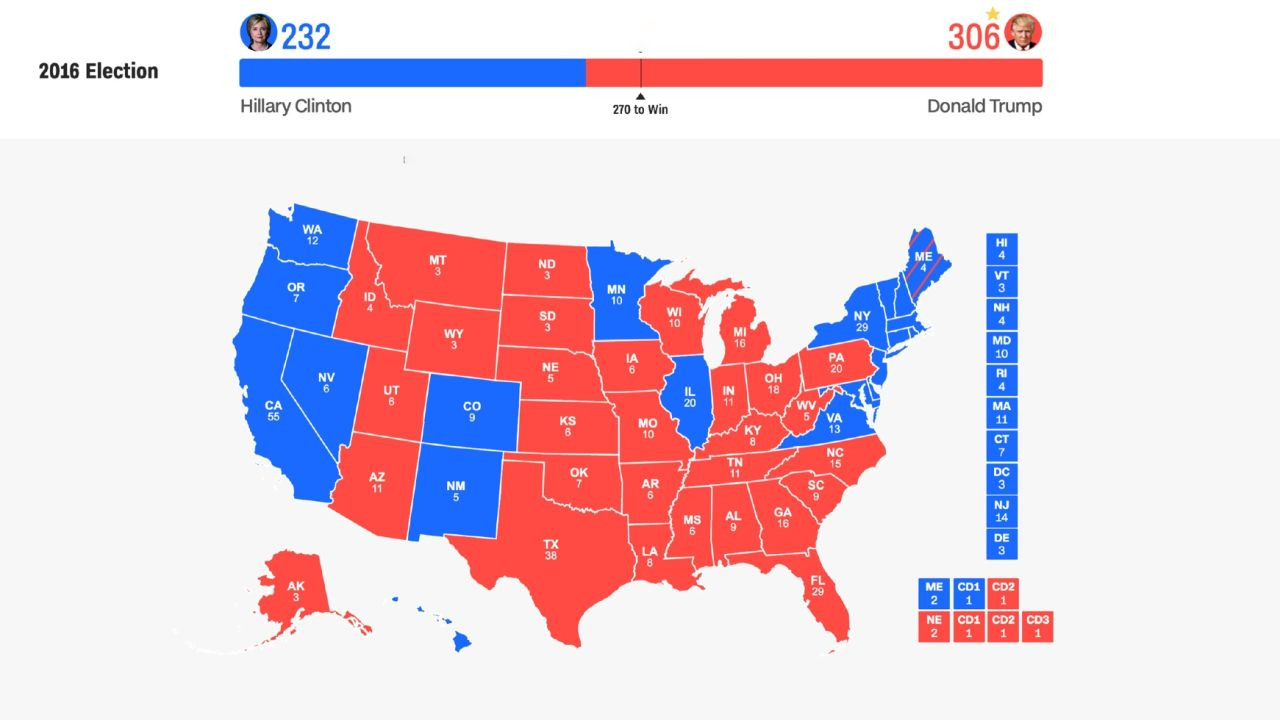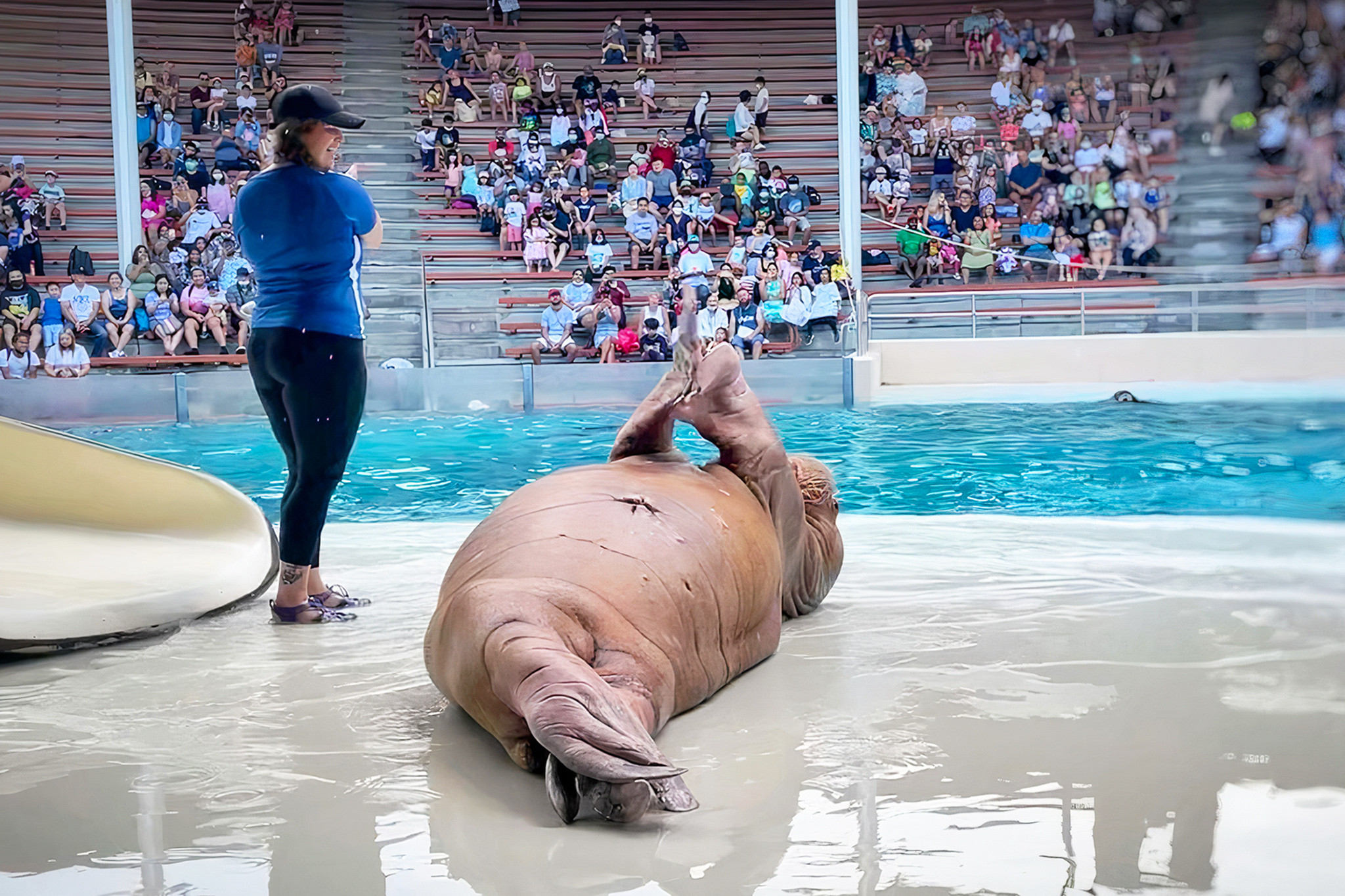Synodality in the Francis lexicon defines a new way of being an ecclesia – or assembly – of believers. To create that new way, he convoked a synod, or church gathering, of representatives from across the Catholic landscape – bishops and laity alike – with the intention of creating an inclusive, free and dialogue-friendly gathering where delegates speak their minds without fear of a punitive response from the Catholic Church’s senior authorities when they go off-script.
As he said in his encyclical Fratelli tutti (2020), “A healthy openness never threatens one’s own identity.” This papal maxim was tested to the limit at the First Session of the Synod on Synodality held in October, 2023. Certain hot-button issues were either shelved or referred to a specific Study Group charged with the responsibility of exploring in greater depth the multidimensional aspects of a controversial matter in the church. This was especially true of debates around women in ministry. Two commissions created by Francis to study the ordination of women to the diaconate remain stuck in the musty corridors of Roman bureaucracy.
The words of war correspondent Martha Gellhorn can serve as a cautionary warning for Francis and his church: “A wonderful New Year’s resolution for the men who run the world: get to know the people who live in it.” The women who live in the Catholic Church are by every measure the largest and most productive component of its life and outreach; the men who run the church must get to know them in ways that don’t reduce them to a holy mystery in need of their own justificatory theology, to an abstraction rather than an encounter, to a principle rather than an enfleshed reality.
Mary McAleese, the former president of Ireland, a civil law professor and a canon lawyer as well, is unsparing in her view of the Synod: “It got uplift from a posse of hagiographers and Pollyannas [but] the kite trails the ground and is likely to be in ribbons by the end of October, 2024,” she told The Tablet, a Catholic news outlet. Tina Beattie, a leading British Catholic theologian, is even more blistering in her assessment, writing: “Delays, deferrals, further reflections, unpublished reports – while the platitudinous waffle about women’s charisms and gifts drone on year after year … I no longer have the slightest interest in the chunterings of a celibate male hierarchy when it comes to women.”
Ouch.
At the same time, on the other side of the Catholic spectrum, Francis has yet to win over the majority of the current episcopate. Most are not overly resistant to his idea of a synodal church, but they are cautious and worried. After all, it involves some significant adjustment to how they as bishops govern a church that moves beyond a univocally hierarchical mode of operating. For these bishops, and for many traditionalist Catholics, the Jesuit Pope as disruptor is not a consolation but a desolation. One Francis critic, Thomas Weinandy, a Capuchin friar with the disposition of an inquisitor, accused the Pope of “using high-sounding words that are very ambiguous … There can be no authentic paradigm shift without being faithful to upholding and promoting what the church has authentically taught through the centuries.”
But the disruptor Pope has done precisely that: inaugurate a paradigm shift by being faithful to the organic tradition. He has disrupted the established pattern of doing things as the premier occupant of the Vatican; he has disrupted the protocols that are the mainstay of institutional life on the Tiber; he has disrupted the way we see the church operating in the world; he has disrupted the pattern of church priorities by centring the believing community on and with the poor; he has disrupted the settled questions by introducing a new perspective, replacing a magisterial with a synodal way of being a church.
And he has managed to hold to the tradition he has sworn to protect as the Successor of Peter and as the Bishop of Rome by refusing to alter church teaching by either papal fiat or parliamentary consensus; by refusing to disregard forms of devotion or expressions of popular religiosity; by refusing to dismiss the work of his predecessors and instead building on their scaffolding.
What the disruptor Pope has disrupted is our spiritual and intellectual complacency, our foreclosure through fear of freshly seeing the Gospel as the leaven of society, our ahistorical sense of the church that shields us from the reforming gusts of the Spirit. The American writer Brian Doyle captures the feeling of estrangement and yearning that defines how Catholics relate to their church when he writes of there being two Catholic churches: “One a noun and the other a verb, one a corporation and the other a wild idea held in the hearts of millions of people.”
The church as verb is the church Francis is birthing for our time.
A friend once asked me if Francis is “ragging the puck” on church reform. In other words, is he stickhandling with finesse without actually trying to score a goal? Fair question.
To help us understand what motivates Francis, it is both illuminating and ironic to read his tribute to Blaise Pascal in his apostolic letter Sublimitas et miseria hominis. Pascal – originator of the prototype of the calculator, mastermind behind the first public transportation system, a mathematician of astonishing genius, and a theological thinker of arresting insight – was not a Jesuit lover. And Francis is, well, a Jesuit.
Pascal knew that reliance on the ratiocinative alone was a straitjacket. Human yearning cannot be reduced to the machinations of the mind. There is a deeper truth that holds us all, and access to that truth cannot be manipulated by the “operations of geometry.” Pascal validates Francis’s conviction that “the baneful ideologies from which we continue to suffer in the areas of economics, social life, anthropology and morality, keep their followers imprisoned in a world of illusions, where ideas have replaced reality.”
And reality for Francis is the field hospital, the place where the balm of mercy is applied to the wounded, where hope is generated, healing effected, spiritual equilibrium restored. Pascal confirmed for Francis that ecclesial rules and regulations have their limitations, that works of mercy are primary because the “sole object of Scripture is charity,” that attention to the suffering of the poor is critical to a life of faith, that understanding the limits of reason does not diminish the dignity of reasoning itself, and that the existential and personal take priority over the abstract.
More than any Pope in the past or current century, Francis reminds us regularly that he is a sinner in need of the caress of mercy. He also reminds us of the dangers embedded in certitude. In a dialogue with his Argentine physicist friend Rabbi Abraham Skorka, he underscored his conviction that “great leaders of the People of God were people who left room for doubt … The bad leader is the one who is self-assured, and stubborn. One of the characteristics of a bad leader is to be excessively normative because of his self-assurance.”
By taking such a risk with synodality, by opening the church to a new era of self-scrutiny, by nurturing a culture of intense listening, by reverencing the other as other, by relentlessly – some might say ruthlessly – attacking the imperfections and pathologies of clerical formation and leadership, Francis is purifying the church, not deconstructing it. For sure, his diatribes against prelates who love their privileges and seminarians enamoured with their status have more than a touch of zealotry about them and can be counterproductive in their effect, but Francis realizes how high the stakes are.
Conor Gearty, professor of human-rights law at the London School of Economics, rightly notes that a church led by a Pope from the Global South can forge a new role as a guardian of the values of equal rights and equal dignity of all peoples: “Let’s not let universalism disappear without lighting a candle.”
Francis has, with his commitment to synodality, lit a candle – a candle of hope, of possibility, a candle of reform, if not extinguished by his successor – that could effect profound change in the way Catholics live out their lives. In the process, he could make Rome, once the centre of an ecclesiastical empire, instead a treasured seat on the periphery, rooted in its identification with the poor – a beacon of human and spiritual harmony in a sea of dark turmoil.
Now that is disruption.




